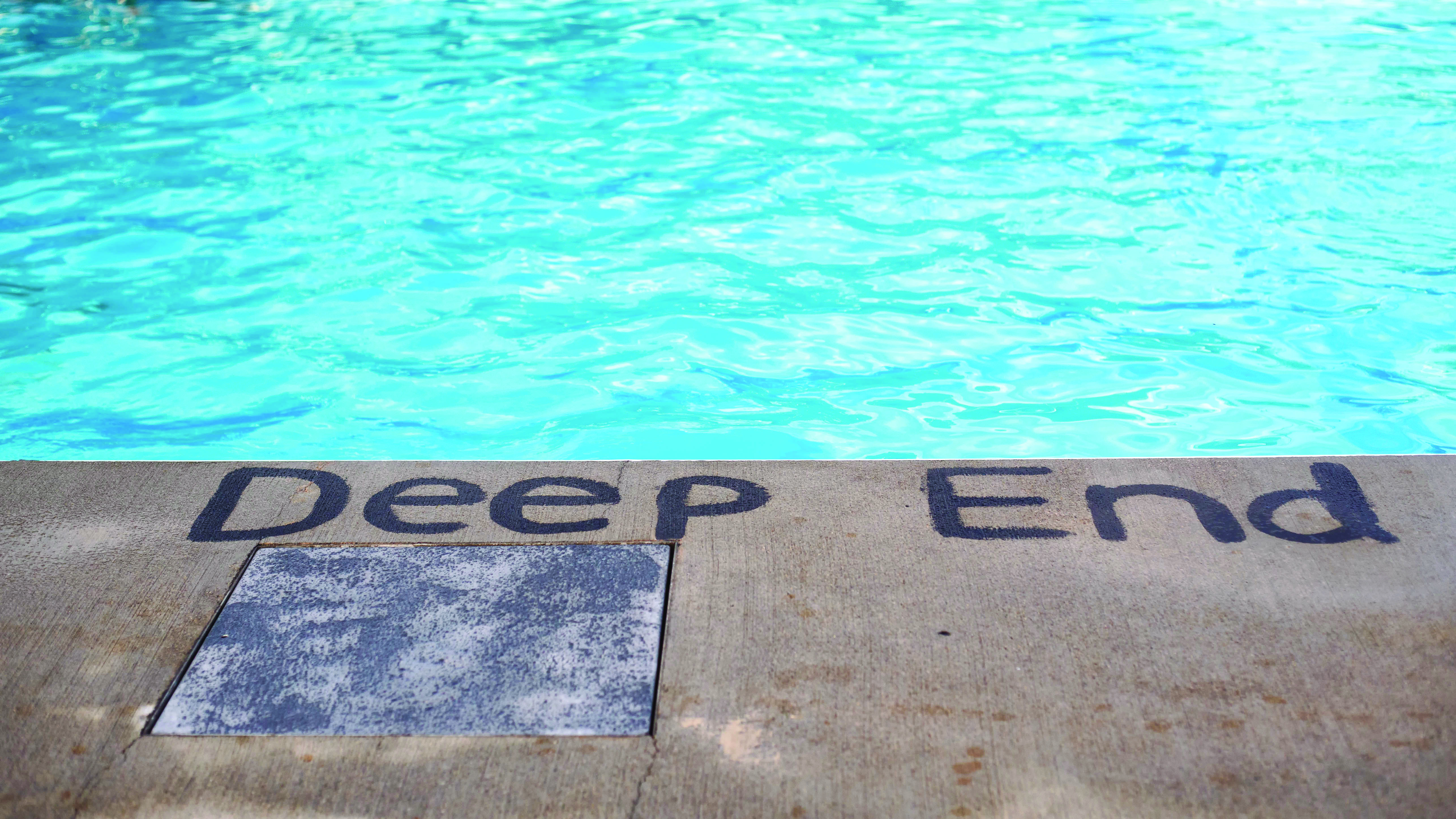
Muscat: Parents in Oman have been warned not to send their young children unaccompanied into the deeper parts of swimming pools, as they prioritise comfort over safety.
With most pools traditionally having their deep ends traditionally covered by shade and umbrellas, leaving the shallow areas exposed to the hot sun, parents often send children as young as six and seven years of age into the deep areas of the pool, just so that they can relax in comfort while having their children near them.
Unfortunately, these children are too young to swim in such deep water, which leads to them struggling within minutes of entering the deep end of the pool, forcing others to rush to their aid just before they drown.
Don Pradeep Kumar is the recreation manager and swimming instructor at Al Falaj Hotel in Muscat.
“What I’ve seen is that the majority of parents are working, so they cannot spend much time in activities with their children,” he said. “They think the swimming pool is the best place to leave their children and then socialise by the pool, or leave to do some other work such as shopping. This is really dangerous, and we don’t allow this in our health club, but some parents do this anyway.
“We cannot police everyone who comes here, but some parents still just leave their children in the pool and then do whatever they want to do,” he added. “Our pool is nearly 10 metres deep and our advise is to not leave their children unattended. It is better for them to make their children learn to swim, rather than leave them unattended. If something happens to their children, no one can replace that loss.”
A trained lifeguard instructor himself, Don has had to ask at least seven to 10 parents a week to not leave their children unaccompanied, while rescuing at least two children from deep waters on a weekly basis.
“When I tell the parents that this is extremely dangerous, they don’t like it because they believe I am bringing their child down, and sometimes, they refuse to listen,” he revealed, and Dr. Sathish Veluswamy from Burjeel Hospital says it is only natural for children to panic when they don’t know how to swim in the deep end.
“When you don’t know how to swim and begin to drown, it is only obvious that you will panic,” he explained. When this happens the body releases more hormones which make you take in bigger breaths, and if you are in the water, this could mean that you inadvertently swallow a lot of it, which leads to people drowning faster.
“In this situation, it is also possible for the body to develop cramps, and this is even worse because now you are drowning and in pain, making it all the more difficult for you to get to safety,” he added.
“If, for example, your respiratory system and diaphragm begin cramping, it means you can’t breathe, and then you are almost certainly going to drown.”
According to Oman’s Public Authority for Civil Defence and Ambulance (PACDA), 286 cases of drowning occurred in the Sultanate in 2016, more than double the number (113) in 2015. Another 150 people drowned in 2014.